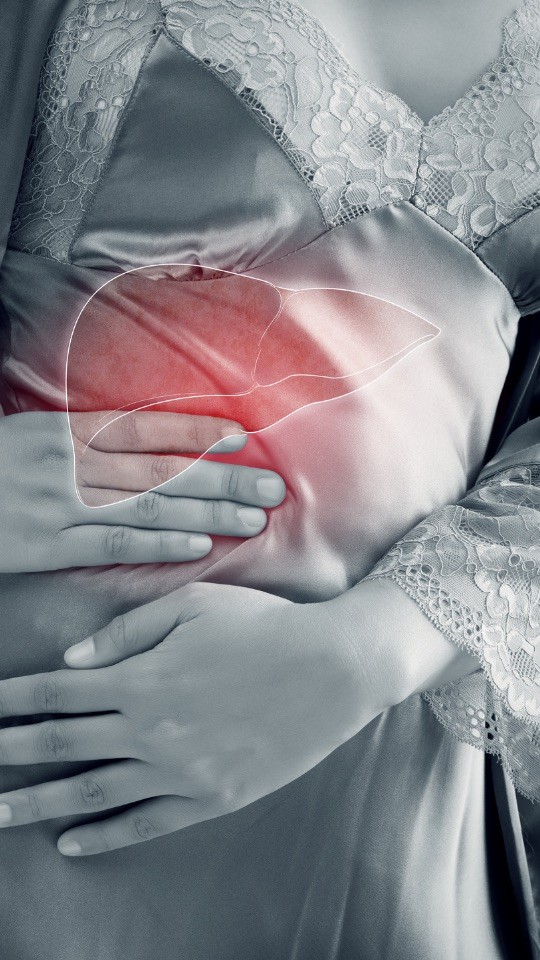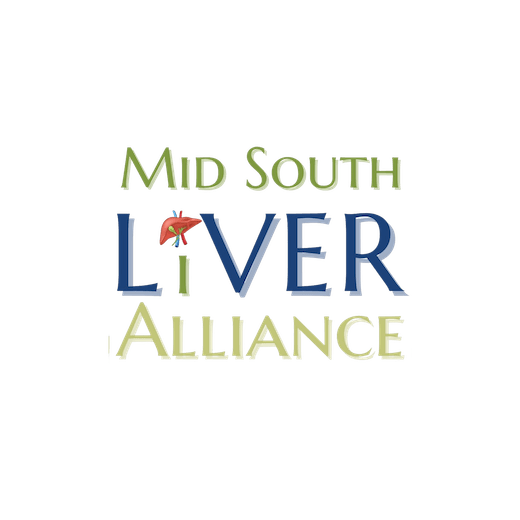
Primary Biliary Cholangitis
Primary Biliary Cholangitis, PBC, is an adult biliary disease in which the bile ducts become inflamed or collapse. PBC is associated with an auto-immune response and the exact causes are unknown.
Relatively rare with roughly 200,000 diagnosed cases in any given year in the United States, the disease begins with the bile ducts that leave the liver becoming weakened or degraded.
This causes bile, the digestive liquid, to build up in the liver. Over time, this extra amount of bile in the liver causes a pressure build up that destroys the small bile ducts.
As with most liver diseases, there are few early warning symptoms. When symptoms do occur, they include yellowing of the skin and eyes, fatigue and itchiness of the skin.
There are some medications that slow the disease process. Monitoring is necessary to make sure that the disease is not progressing and it can mean a liver transplant if the disease is severe.
Primary Biliary Cholangitis (PBC) is a chronic disease in which the bile ducts leading from the liver are slowly destroyed. Bile is created in the liver to aid with absorbing the vitamins and medications the body needs and to help break down foods so that the body can make use of them. Bile also allows your body to filter out things that your body does not need, like cholesterol and toxins.
While it is not known why bile can begin to cause the destruction of the ducts in the liver, it is clear that it begins in smaller ducts and spreads over time to the larger ones. And while it can happen in both men and women, females are more likely to develop PBC. Aside from being female, other risk factors are having a family history of the disorder and being of European decent. It has some association with a history of smoking, urinary tract infections and exposure to chemicals. It begins between the ages of 30-60.
PBC is often diagnosed during routine blood tests for other purposes. The earliest symptoms are itchy skin and fatigue. As the disease progresses, symptoms pain in the upper right of the abdomen, dry mouth and eyes, bone and joint pain and bone fractures, an enlarged spleen, swelling in the feet, ankles and belly, jaundicing (yellowing) of the skin and eyes and a darkening of skin color, weight loss, diarrhea, sluggish thyroid.
PBC can have devasting impacts on virtually all parts of the body. From the liver damage or cirrhosis and liver cancers, to weakened veins, vitamin deficiencies, gallstones, and even brain problems.
While there is no cure, there are medications that can slow PBC if the disease is caught early.
